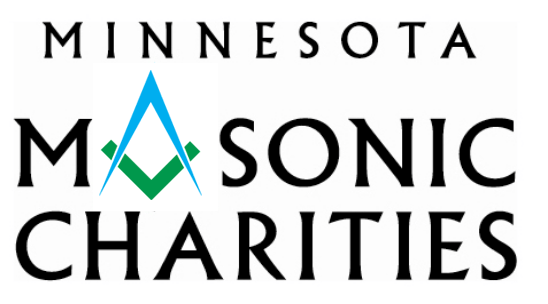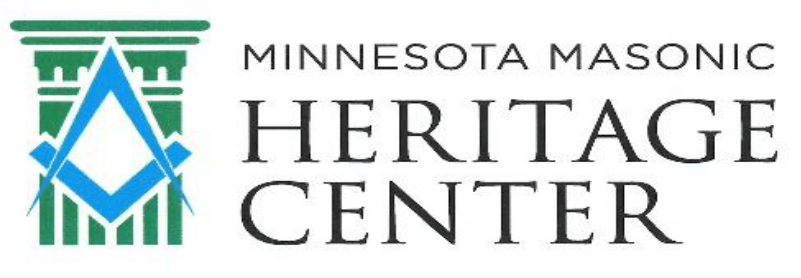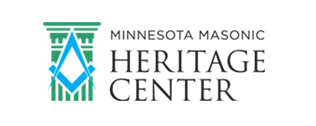Minnesota Orchestra Cellist Anthony Ross Plays Dvořák Concerto
April 19, 2017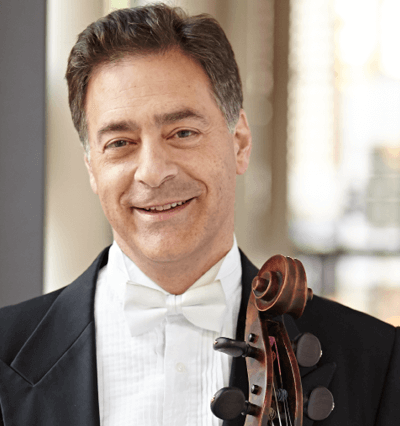
On May 21, 2017, Minnesota Orchestra principal cellist Anthony Ross is joining the Kenwood Symphony Orchestra at the Ives Auditorium. Ross and the orchestra are performing Antonín Dvořák’s Cello Concerto in B minor.
As a composer, Dvořák (1841–1904) refused to write for the cello. He liked the instrument’s middle range but thought the treble and bass registers were unpleasant to hear. The cello, he concluded, while fine within an orchestra, was not suited for a solo concerto. Ironically, the Cello Concerto in B minor, Dvorak’s only completed cello concerto, has since been played by all and recorded by nearly every cellist of note.
Antonín Dvořák
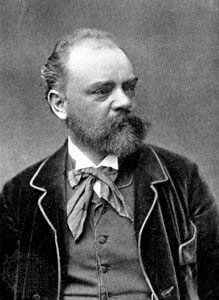
Antonín Dvořák, the first of nine children born to Anna and Frantisek Dvořák, began his life in what is now the Czech Republic. His family owned an inn, and Antonín’s fate could have led him in that direction. Fortunately, the young boy showed so much aptitude for music that his family promoted his education in music.
He rapidly mastered the violin with help from a local musician and quickly graduated from playing for guests at village dances to appearing as the solo church violinist. By age 12, Antonín lived in a larger town and took viola and piano lessons from a highly respected regional musician. That man grew so impressed with the young talent that he convinced Dvořák’s father to send his son, then 16, to a church music school in Prague.
After many lean years following his schooling in Prague, Dvořák finally gained prominence after winning a state scholarship grant that brought him into contact with Johannes Brahms. Brahms helped Dvořák publish his music and became a lifelong friend.
It wasn’t until the mid-1890s, during his time in America as director of the National Conservatory of Music in New York, that Dvořák—then in his 50s—began to compose the Cello Concerto in B minor. He finished the concerto in 1895 after returning home.
Like most concertos, Dvořák’s has three movements. The first and third are up tempo, marked Allegro and Allegro moderato, and shift between B minor and B major. The second movement is Adagio, ma non troppo (slow, but not too slow) in G major.
Anthony Ross
The concerto requires a lot of technical proficiency, so we are fortunate to have Anthony Ross. Ross joined the Minnesota Orchestra in 1988 and has been principal cellist since 1991. He has also been a featured soloist performing concertos by many composers including Schumann, Dvořák, Beethoven, Saint-Saens and Shostakovich. Away from Orchestra Hall, Ross is an active chamber musician with the professional musicians’ group Accordo, as well as the Chamber Music Society of Minnesota.
We welcome to the Ives Auditorium the exceedingly talented Anthony Ross. He will certainly do justice to the now classic Dvořák cello concerto.
Reserve your seat at www.masonicheritagecenter.org/events.
